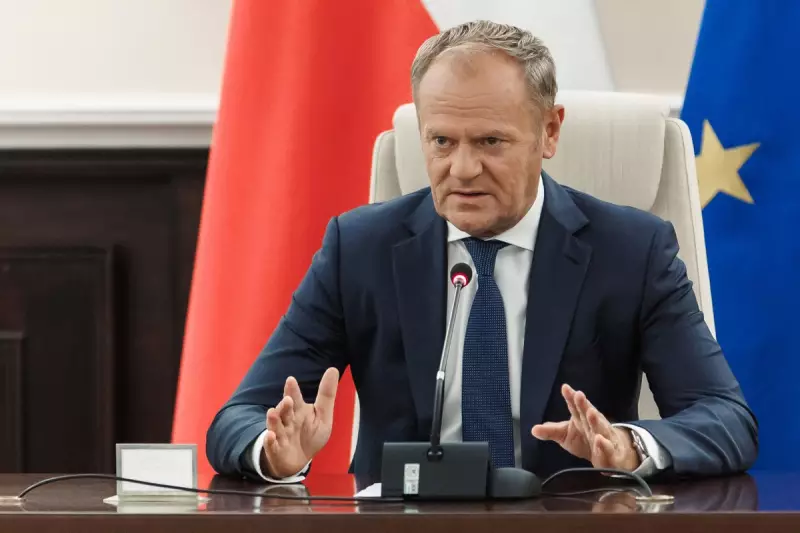
Polish Prime Minister Donald Tusk has issued a stark warning about escalating Russian military activity in Belarus, describing it as part of a coordinated hybrid warfare campaign against NATO's eastern frontier.
Speaking at a press conference alongside NATO Secretary General Jens Stoltenberg and Romanian President Klaus Iohannis, Tusk revealed that Russian troops are actively operating within Belarusian territory, significantly heightening security concerns across the region.
NATO's Strategic Response
The Polish leader confirmed that NATO is taking concrete measures to strengthen its eastern defences. "We are taking these actions to ensure that our part of Europe is secure," Tusk stated, though he provided no specific details about the nature or scale of the reinforcements.
The announcement comes amid growing intelligence about Russian military movements and increasingly aggressive hybrid operations targeting Poland and other frontline NATO states. These operations include cyber attacks, disinformation campaigns, and attempts to destabilise through irregular migration flows.
Regional Security Implications
The situation represents the most significant security challenge on NATO's eastern flank since Russia's full-scale invasion of Ukraine. With Russian forces establishing a permanent presence in Belarus, the alliance faces a prolonged period of heightened alert along its borders.
Romanian President Iohannis, whose country shares a border with Ukraine and strategic interest in Black Sea security, emphasised the need for unified NATO response to these emerging threats.
Secretary General Stoltenberg reaffirmed NATO's commitment to collective defence, stating that any attack on allied territory would be met with a united and forceful response from the entire alliance.
Ongoing Security Assessment
Western intelligence agencies continue to monitor the situation closely, assessing the potential for further escalation. The military buildup in Belarus represents both an immediate tactical threat and a long-term strategic challenge to European security architecture.
As tensions continue to mount, NATO members are expected to discuss additional security measures at upcoming alliance meetings, with Eastern European states likely pushing for enhanced permanent troop deployments along the front line with Russia and Belarus.





